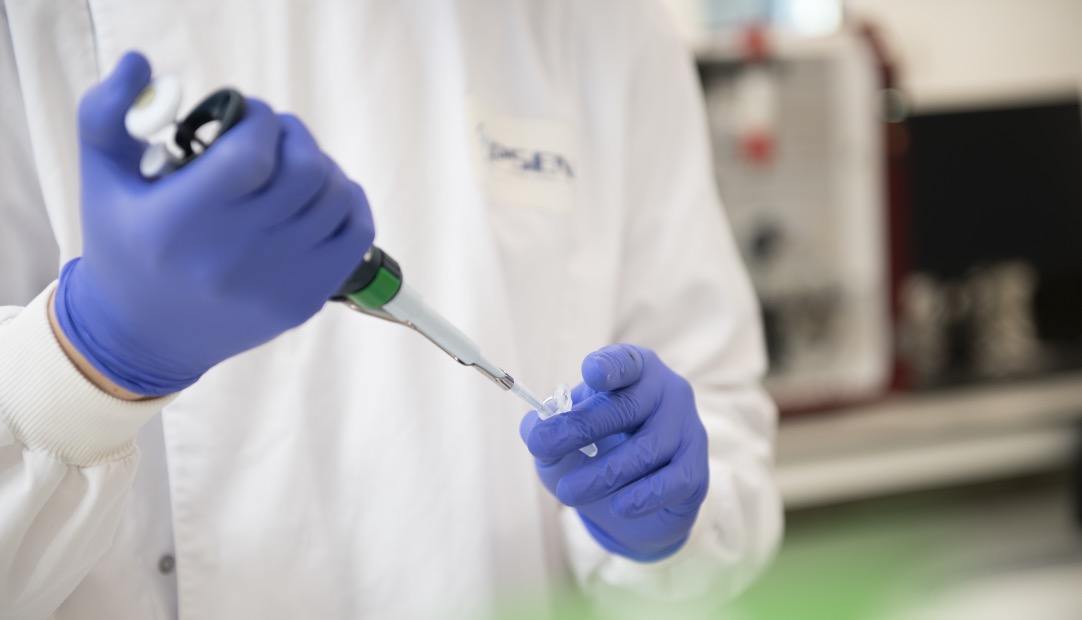WHO WE ARE
As a mid-sized global biopharmaceutical company, Ipsen improves patients’ lives through research, innovation and the development of transformative medicines in Oncology, Rare Disease and Neuroscience.

WHAT WE DO
Improving people’s lives and health outcomes by focusing on areas of high unmet medical need, we are accelerating our momentum and rapidly boosting our pipeline to bring the full potential of our innovative medicines to patients.

Our strategy has been instrumental in making us a leader in our field. Our global presence, resources, expertise and strong track record commercializing our medicines are resulting in a real impact for people living with high unmet medical needs. We’re leveraging the full force of Ipsen’s infrastructure, innovation and passion to develop new therapies and valuable collaborations.
The latest highlights from Ipsen
Find out what’s been going on at Ipsen of late – with press releases, trending stories, events, and more.
How Ipsen helps
Ipsen focuses on three key therapeutic areas, leveraging all our resources to help patients with unmet medical needs.
Oncology
Ipsen has been working in oncology since 1986, and now has a portfolio that includes treatments for neuroendocrine tumor (NETs), and cancers of the kidney, liver, pancreas, thyroid, prostate and breast.
Rare Disease
Ninety-four percent of rare medical conditions still have no treatment. We are committed to finding treatments for extremely rare bone diseases and disorders, growth disorders, rare cancers, rare liver disease and rare neurogenetic disorders.
Neuroscience
Ipsen draws on 30 years of expertise in toxins and neuroscience research to support children and adults suffering from debilitating and degenerative neurological conditions.





















